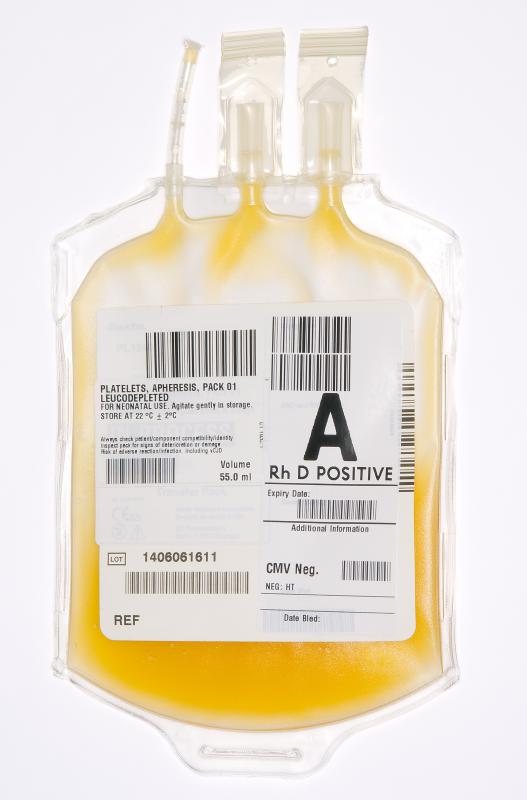At WiseGEEK, we're committed to delivering accurate, trustworthy information. Our expert-authored content is rigorously fact-checked and sourced from credible authorities. Discover how we uphold the highest standards in providing you with reliable knowledge.
What is Extracorporeal Therapy?
The term “extracorporeal therapy” is used to describe any sort of medical treatment which takes place outside the body, though not necessarily without some form of invasive procedure. Most extracorporeal treatments are related to the circulatory system, involving the removal and treatment of blood and then the subsequent return of that blood to the body. This term is also sometimes used, albeit incorrectly, to describe external treatments which cause an effect in the body.
Circulatory procedures classified as extracorporeal therapy include: plasmapheresis, hemodialysis, and assisted blood circulation, among others. All of these procedures involve the use of machinery to pump blood outside the body, process it, and then return it to the body, and they are used to treat a variety of conditions.

Assisted blood circulation is used specifically in surgery to take over the duties of the heart for cardiac procedures. Plasmapheresis involves the filtration of plasma from the blood, and it is typically used for autoimmune conditions. Depending on the condition and the patient, the plasma may be treated and returned, or replaced. Hemodialysis is used to filter the blood during kidney failure, replacing the failing kidneys and filtering out harmful substances in the blood.

People also describe extracorporeal shock wave lithotripsy, a procedure used to treat kidney stones, as extracorporeal therapy. This classification is technically not correct, because although the machine used to generate the shock waves is outside the body, it acts on kidney stones inside the body, breaking them up so that they can be passed through the urinary tract. Shock wave therapies are also used experimentally in the treatment of some other medical conditions, and in all cases, the shock waves are designed to penetrate the body, so the therapy really should not be considered extracorporeal in nature.

Extracorporeal therapy is also used in the treatment of some tumors, typically bone tumors. In a case where extracorporeal therapy might help a patient, the affected bone is removed, subjected to a heavy dose of radiation, and then replaced, in an attempt to salvage the limb. Because the radiation is targeted, it is more effective, and a higher dose can be used without worrying about harming the patient, because the bone is outside the body.
AS FEATURED ON:
AS FEATURED ON:













Discuss this Article
Post your comments